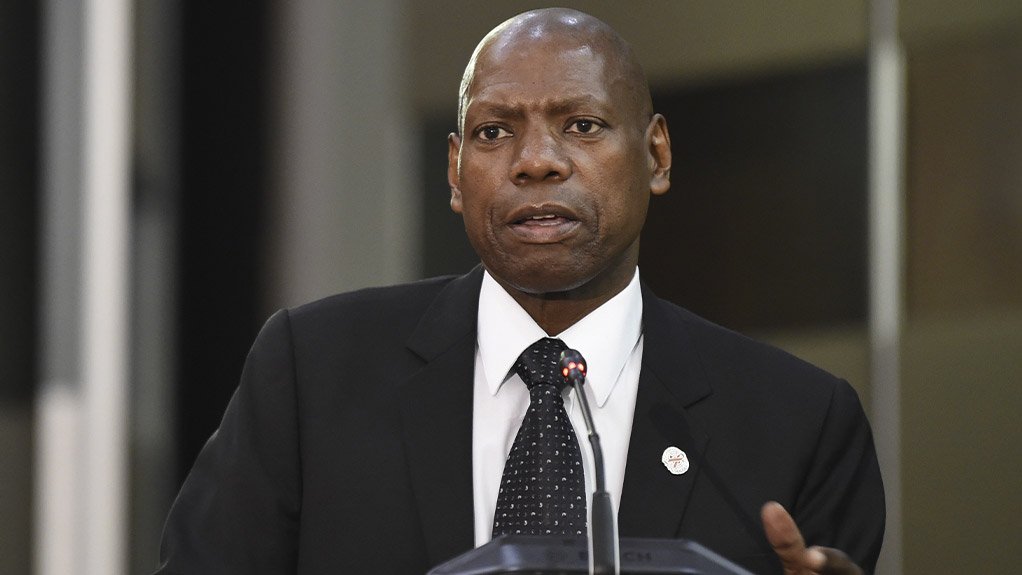The Special Investigating Unit (SIU) argued before the Special Tribunal that the Digital Vibes contract was a money-laundering scheme designed to siphon funds to former minister Zweli Mkhize's family while also shielding the family from accountability.
The SIU appeared before the Special Tribunal on Tuesday.
The unit wanted the court to add six companies to the main Digital Vibes review application.
The application sought to review and set aside the R150-million contract between Digital Vibes and the Department of Health. The unit also wanted to recover the funds linked to the contract.
In its investigation into the contract, which led to Mkhize's resignation, the SIU said it had found six other companies that received proceeds from Digital Vibes.
These monies were later paid over to companies linked to the Mkhize family.
Cedar Falls Properties was one of the companies the SIU sought to add to its review application.
The other companies included: All Out Trading (Pty), Tusokuhle Farming, Azwakele Trading and Projects (Pty) Ltd and/or Sithokozile Khaliphile Mkhize.
Cedar Falls Properties' sole director is May Mkhize, the minister's wife.
Cedar Falls benefitted from an R1.8-million payment made to Ithala Bank by Sirela Trading for a loan the company had acquired.
Sirela Trading made the R1.888 727.84-million to the benefit of Cedar Falls.
Mateta Projects, after receiving money from Digital Vibes, transferred the money paid by Sirela, the SIU believed.
Mateta, a company run by Mdu Mthethwa, a business associate linked to the Mkhize family, had received a R6-million payment from Digital Vibes, the SIU said in court papers.
The SIU argued that the Mkhize family had received close to R10-million from the Digital Vibes contract.
Advocate Barry Roux argued on behalf of the SIU that the six additional companies that had received proceeds from Digital Vibes should be liable to pay back the proceeds.
Roux argued that the payments paid from Digital Vibes and eventually to entities linked to the Mkhize family could be described as a money-laundering scheme intended to benefit the family.
The "siphoning scheme" in the series of payments made through middlemen companies was designed to shield the family from accountability.
Cedar Falls had argued against the joinder application, saying the SIU had failed to prove it was liable in the Digital Vibes matter.
Digital Vibes was appointed to lead the Department of Health's NHI media campaign.
The former minister was alleged to have pressured his staff to appoint the company, which was linked to his associates Tahera Mather and Naadhira Mitha.
The contract was irregularly expanded to cover media campaigns for Covid-19, the SIU said in its report.
The hearing continues.
EMAIL THIS ARTICLE SAVE THIS ARTICLE
To subscribe email subscriptions@creamermedia.co.za or click here
To advertise email advertising@creamermedia.co.za or click here











